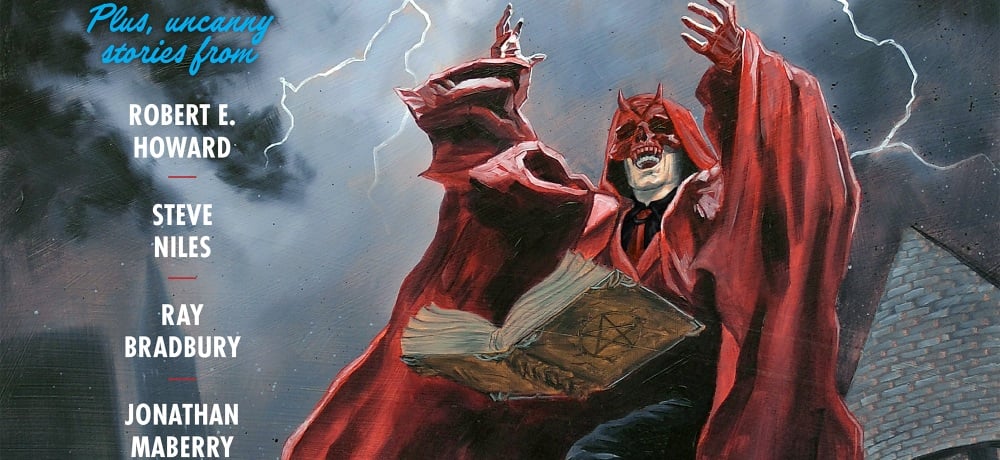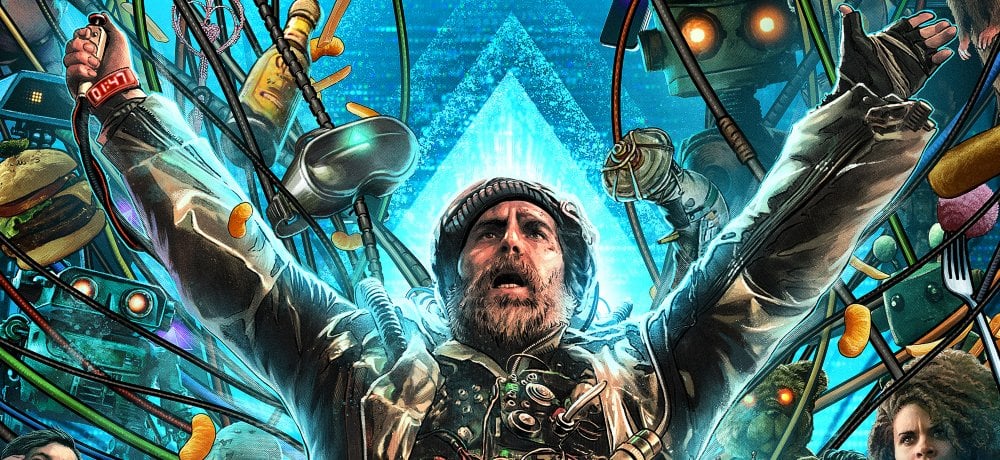





For the first of my interview sessions with the cast and creators of Fear The Walking Dead, I have highlights from my time with series stars Kim Dickens and Cliff Curtis, along with executive producer David Alpert, who all talk about the early days of the zombie apocalypse and tease what's to come for this new group of survivors:
Kim Dickens on how Fear The Walking Dead starts and what her character's priorities are during the initial zombie outbreak:
"I feel we start pre-apocalyptic, in my mind. There's an evolution to the understanding of it -- in the way the information comes out and then our responses to it are different. People try to rationalize it, or people are paranoid about it, or people are in denial about it. It just varies. It makes for interesting inter-personal interactions in your own home. It challenges you; brings you closer, pushes you apart.
I think Madison's most important goal is to protect her family. Even before anything happens she tries to protect her son who has problems. So I think heroic moments come out of people in those situations."
Cliff Curtis shares details about his character's strengths and weaknesses in dealing with the new zombie threat:
"One thing I love about my character is he's almost naively an optimist and he loves the goodness in humanity and whether that's relevant in this new world order.
I mean, I'm an English teacher in a high school. Anything outside of dealing with my students and my immediate family, I sort of pass it on to the committee who will pass it on to the principal or take it to the board. It just helps me take one step at a time and I learn it episode by episode, and season by season.
My strengths are that I'm an optimist and a believer in the goodness of humanity and that I like to think logically and to take time to make sure I've got a good, clear picture before I act. But in this world, that luxury could put a question mark as to whether I'm even going to be able to survive and change or adapt. Whereas Maddie, Kim's character, is much more the helper and much more pragmatic and much more quick to adapt because she has that lioness aspect. She's not concerned with having all the right information because she knows that right now, 'My children are being threatened and I will deal with it.'"
Executive Producer David Alpert talks researching real natural disasters when helping come up with the story behind Fear The Walking Dead:
"One of things that we really studied as we were crafting the story was the flow of misinformation in natural disasters. Everything from what happened in New Orleans following Katrina to the blackouts in New York after 9-11. Just watching the way that the wrong stories got out there that sort of inflated paranoia... how does that get out there? How does that start? And how does that change -- both for better or for worse -- the journey of our characters?
The idea is that our characters only get some things that are right. Imagine that as this stuff starts happening, people's social media accounts are going to blow up and you're not going to know, "Is that real? Is that a stunt? Is that a marketing thing? Are they trying to promote something?" You're not going to know what to think about it.
Watching the way people absorb information and get wrong information is really an essential element of what we're going to explore."
---------
With an August 23rd premiere date set, we'll have much more on Fear The Walking Dead over the next month. Until then, catch up on our recent coverage: